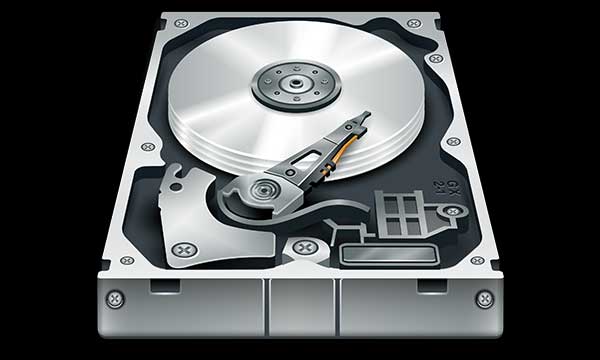
When a hard drive fails, it often feels like the end of the world—especially if you didn’t have a recent backup. From personal memories to critical business documents, we rely on digital storage more than ever. Fortunately, modern hard drive data recovery services offer reliable solutions, even in seemingly hopeless situations.
If you’ve encountered hard drive failure and want to understand your options for data recovery, this guide will walk you through what to do, what to avoid, and how professionals can help bring your data back.
What Causes Hard Drive Failure?
Before jumping into solutions, it’s helpful to understand why hard drives fail. Some of the most common causes include:
Physical damage (dropping the drive or overheating)
Mechanical issues (worn-out components or motor failure)
Logical errors (file system corruption, accidental formatting)
Virus or malware attack
Power surges or sudden shutdowns
Understanding the cause is key to selecting the right recovery method.
Stop Using the Affected Hard Drive
The moment you notice something wrong—unusual noises, frequent crashes, or missing files—shut down your system immediately. Continuing to use a failing hard drive can worsen the damage and reduce your chances of successful recovery.
Avoid running any repair tools or trying to reinstall the operating system on the same drive. These actions can overwrite recoverable data.
Check for Obvious Physical Damage
If the drive has been dropped, exposed to moisture, or makes clicking or grinding sounds, it’s likely experiencing mechanical failure. In these cases, do not attempt DIY fixes. Opening a hard drive outside a cleanroom environment can cause irreparable damage.
Instead, consult a professional hard drive data recovery service that specializes in handling physically damaged drives.
Try Connecting to Another System (For Logical Failures)
If the drive appears to be functioning but your computer can’t boot or detect it properly, try connecting it to another machine using a USB-to-SATA/IDE adapter or an external enclosure.
If the drive is recognized, it might be a sign of logical damage (corrupt files or system errors). This opens the door to trying recovery software.
Use Reliable Data Recovery Software
There are a number of trustworthy tools on the market that can scan a hard drive and attempt to recover deleted, formatted, or lost files. Popular choices include:
EaseUS Data Recovery Wizard
Stellar Data Recovery
Recuva
Disk Drill
Make sure to install these programs on a separate drive (not the failed one), and save recovered files to another safe location.
Keep in mind that while software can help in basic cases, it’s not suitable for drives with mechanical issues, severe corruption, or RAID configurations.
When to Contact a Professional Data Recovery Service
If your hard drive is clicking, not being detected at all, or you’ve tried software with no success, it’s time to bring in the professionals.
Hard drive data recovery services have access to:
Cleanroom labs for opening and repairing drives safely
Specialized tools to recover data from damaged or encrypted drives
Advanced recovery software for complex situations, including RAID setups
Expert technicians trained in handling critical failures
One trusted name in this space is Recovery Squad, known for their transparent process, high recovery success rates, and secure handling of client data. Many users prefer Recovery Squad for their fast diagnostics.
When choosing a service, always look for experience, clear pricing, and positive client feedback to ensure your data is in safe hands.
Bonus Tip: Back Up Regularly
It’s an old rule, but one that never loses relevance: always back up your data. Whether you use external drives, cloud solutions, or automated backup tools, having a backup strategy can save you from the heartache of data loss.
A good rule of thumb is the 3-2-1 backup strategy:
Keep 3 copies of your data
Store them on 2 different media types
Keep 1 backup offsite or in the cloud
Also Read : Complete Hard Drive Data Recovery Guide: From Diagnosis to Restoration
Final Thoughts
Hard drive failure is undoubtedly stressful—but it’s not always the end of the road. With the right knowledge and help from trusted hard drive data recovery services, there’s a strong chance you can recover your valuable files.
Act quickly, avoid risky DIY attempts on physically damaged drives, and don’t hesitate to consult professionals. Most importantly, let this experience be a reminder of how vital regular backups are for your digital peace of mind.






